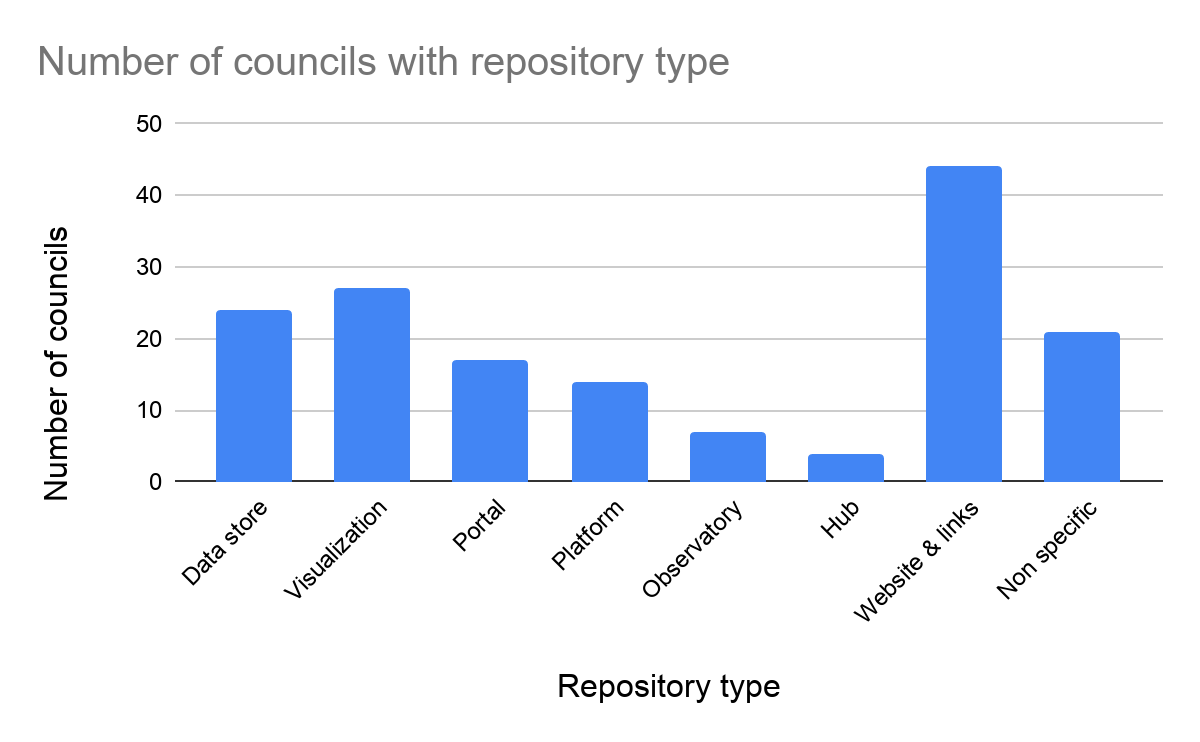
latest
Social Care Data Finder – discovering the data that’s available at a local level

Digital capabilities across the country vary greatly – 114/154 councils currently lack publicly accessible data about adult social care.
The COVID-19 pandemic has brought into sharp focus the broad-ranging challenges faced by social care commissioners and providers and, crucially, the people who rely upon them. Statistics released from central government and the regulator show the limitations of data made publicly available at a national level. For example, we have seen clusters of care home deaths in County Durham and Essex, but we don’t have sufficiently granular information to understand how and why hot-spots have emerged.
Last week, we introduced our Social Care Data Finder, which is a directory of publicly available social care data designed to aid research about social care. Since then, we have extended our exploration to look at the 154 Councils with Adult Social Service Responsibilities (from here on, councils) in England to explore how much publicly available data may be accessed about adult social care.
We wanted to find out what format the data was in, how easy it is to access and consider how useful it would be in seeking insights at a local level.
Methodology
For each council we searched for open data repositories with a specific focus on adult social care. Something we discovered straight away was that social care data is often difficult to find. Many councils classify it as part of healthcare, but some keep it separate, whereas others include social care with inequality and deprivation data. This made discovery of datasets difficult. Our approach was to search for each council and any sites relating to open data, data stores or public data, then, search for “social” and “care”. For completeness, we also looked through any datasets listed outside of the social and care categories. We classified each council repository based on:
- The type of access to data provided
- The format of the data
- How many datasets related to adult social care
For example, a public data platform with open, sufficiently detailed datasets related to adult social care, accessible through an API (Application Programming Interface) or recently updated (within the last year) repository would be ranked as a Category 1 repository. Councils with an available platform, but with no usable data (i.e. would require significant processing to extract information) related to social care would be ranked Category 2. Councils with no open data repository and no available data related to social care, would be ranked Category 3.
Results
The chart below shows the distribution of councils in our classification categories:
In category 1, there were 119 useful datasets related to adult social care from 39 councils. Of the category 1 repositories, the average number of datasets was 3, with 21 being the largest; by comparison, many repositories had hundreds of datasets about the environment and planning. 62 councils were in category 2, and 53 in category 3.
There were many types of data available, ranging from numerical data on a webpage to API query databases. The most common formats for download were HTML, .csv, .xls and .pdf. Some sites had RSS feed data, JSON (JavaScript Object Notation), GIS (Geographic Information Systems), KML (Keyhole Markup Language) and some different wms/wfs (web map service and web feature service) files.
Some repositories provide automatically updated streams of data, with records going back many years. Others had visualization platforms, where you can look at data overlaid geographically, but not download, analyse or compare it easily. Many had links to datasets to download and some had a website outlining their open data policy and contact details for any Freedom Of Information (FOI) requests. The graph below shows the type of platforms and number of councils using each:
NB: some councils had multiple platforms or platform features, so the totals in this graph add up to more than the number of councils we explored – and, of the councils we looked at, 21 councils didn’t have a specific website or page related to open data.
Discussion
Here we have discovered that on a local level, the data available relating to adult social care is inconsistent and, in many cases, unavailable.
The UK Statistics Authority has called, today, for more contextual data to help address concerns around social care during the ongoing public health emergency, as current national statistics are deemed insufficient if the aim is to truly understand what is happening (for good or for ill) at present and its implications for some of the most vulnerable amongst us.
We have updated the Social Care Data Finder to include our latest analysis. This Finder only relates to England at present because the data landscape becomes more complex still when comparing devolved nations, although this has also received recent media attention. Ranking the quality of the data and repositories is subjective and more work needs to be done to look at the data that is currently available. We cannot currently say whether the available data is good enough or sufficient to help answer important questions that pertain to social care. It is, however, clear that digital capabilities across the country vary greatly and that 114/154 councils currently lack publicly accessible data directly related to adult social care.
If you have any thoughts or suggestions about how to improve our Social Care Data Finder, please email us: research@futurecarecapital.org.uk
With thanks to Dr Josefine Magnusson for help in discovering the data.

